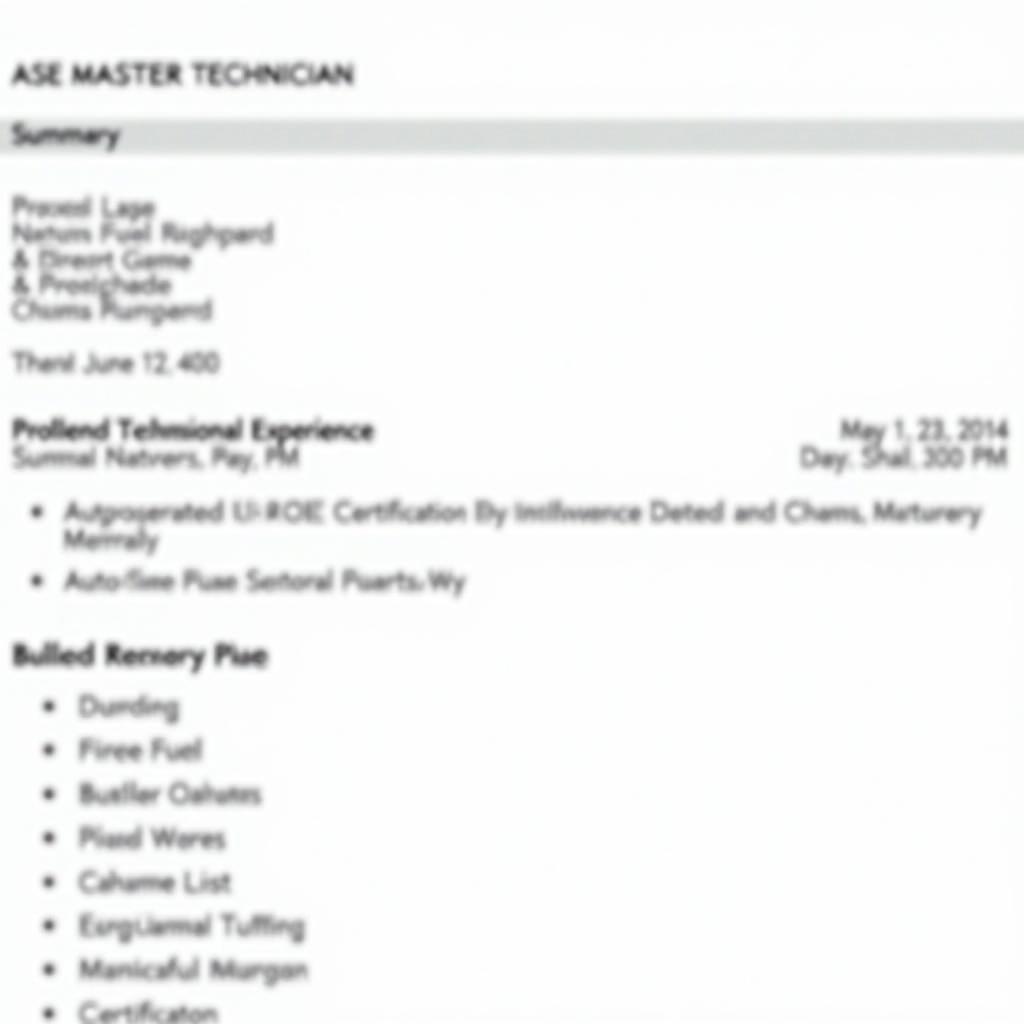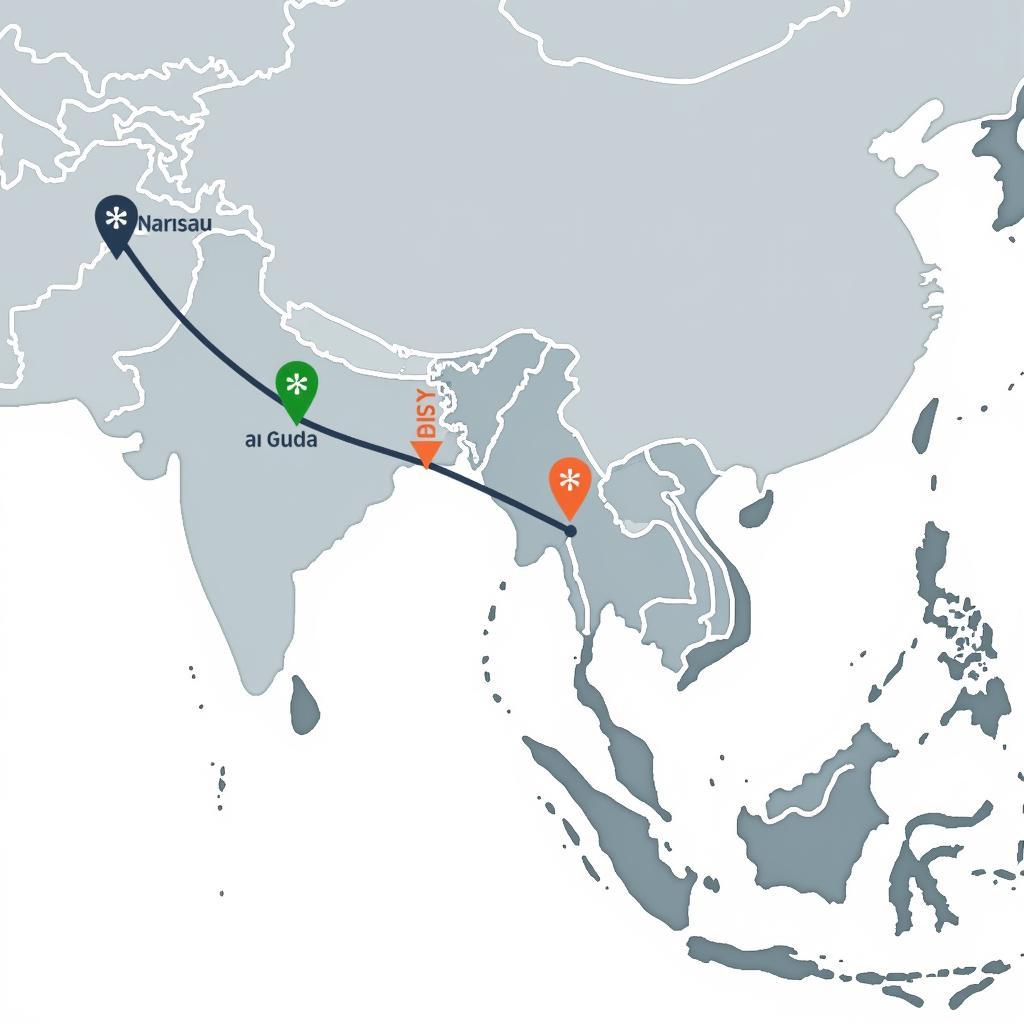ASEAN HCP, short for ASEAN Healthcare Professionals, is a significant initiative aimed at fostering regional integration and cooperation within the healthcare sector in Southeast Asia. This comprehensive guide will delve into the various aspects of ASEAN HCP, exploring its objectives, benefits, implementation strategies, and potential impact on healthcare professionals and the population at large.
What is ASEAN HCP?
 ASEAN Healthcare Professionals Meeting
ASEAN Healthcare Professionals Meeting
At its core, ASEAN HCP represents a framework for the mutual recognition of healthcare professional qualifications across the 10 member states of the Association of Southeast Asian Nations (ASEAN). This means that professionals who meet the agreed-upon standards and requirements of their home country can more easily practice their profession in other ASEAN countries.
Objectives of ASEAN HCP
The ASEAN HCP initiative is driven by several key objectives, including:
- Facilitating mobility of healthcare professionals: By streamlining the recognition of qualifications, ASEAN HCP makes it easier for doctors, nurses, dentists, and other healthcare professionals to move and work within the region.
- Addressing healthcare workforce shortages: Many ASEAN countries face a shortage of qualified healthcare professionals. ASEAN HCP aims to improve workforce distribution and address these shortages by facilitating the movement of professionals to areas of need.
- Enhancing quality of healthcare: The mutual recognition framework encourages the standardization and harmonization of healthcare professional education and training across ASEAN, ultimately contributing to improved quality of care.
- Promoting regional integration: ASEAN HCP is a testament to the commitment of member states to collaborate and integrate various sectors, including healthcare, for the benefit of all.
Benefits for Healthcare Professionals
 ASEAN Doctor Working in Hospital Setting
ASEAN Doctor Working in Hospital Setting
ASEAN HCP brings forth numerous benefits for healthcare professionals in the region:
- Increased career opportunities: Professionals have a wider range of job prospects and can explore opportunities in different ASEAN countries, expanding their career horizons.
- Professional development: Working in diverse healthcare settings with different practices and protocols can offer valuable learning experiences and professional growth.
- Contribution to regional health: Being part of ASEAN HCP allows professionals to contribute their skills and expertise to address healthcare challenges in the region.
- Cultural exchange: Working in another ASEAN country fosters cultural exchange and understanding, enriching the personal and professional lives of healthcare professionals.
Implementation and Challenges
The implementation of ASEAN HCP is an ongoing process, with each profession having its own set of guidelines and requirements. The framework involves establishing:
- Competency standards: Defining the core competencies and skills required for each profession.
- Accreditation bodies: Recognizing accreditation bodies responsible for assessing and ensuring the quality of education and training programs.
- Registration procedures: Streamlining registration procedures for professionals seeking to practice in another ASEAN country.
Challenges remain in terms of:
- Harmonizing regulations: Aligning the diverse healthcare regulations and standards across 10 different countries is a complex task.
- Addressing language barriers: Language differences can pose challenges for healthcare professionals working across borders.
- Ensuring equitable access: Mechanisms are needed to ensure that all qualified professionals, regardless of their background, can benefit from ASEAN HCP.
The Future of ASEAN HCP
ASEAN HCP holds immense potential to transform the healthcare landscape in Southeast Asia. As the initiative matures and addresses implementation challenges, it is expected to:
- Create a more integrated and robust healthcare workforce in ASEAN.
- Improve access to quality healthcare services for the region’s population.
- Enhance ASEAN’s competitiveness in the global healthcare arena.
FAQs about ASEAN HCP
1. What are the recognized professions under ASEAN HCP?
Currently, ASEAN HCP covers professions such as medicine, nursing, dentistry, pharmacy, and architecture. The list is continuously expanding as the framework develops.
2. How do I apply for recognition under ASEAN HCP?
The application process varies depending on the specific profession and the country you wish to practice in. Generally, it involves submitting relevant documents to the designated professional body or regulatory authority.
3. Is language proficiency a requirement for ASEAN HCP recognition?
Language requirements may vary depending on the specific profession and the country you wish to practice in.
Conclusion
ASEAN HCP is a significant step towards regional integration and cooperation in the healthcare sector. By promoting the mobility of healthcare professionals, the initiative aims to address workforce shortages, enhance quality of care, and ultimately improve the health and well-being of the ASEAN community. While challenges remain in its implementation, the future of ASEAN HCP appears promising, with the potential to transform the healthcare landscape in Southeast Asia.
Need support? Please contact us at:
Phone Number: 0369020373
Email: [email protected]
Address: Ngoc Lien Village, Hiep Hoa, Bac Giang, Vietnam.
Our customer support team is available 24/7.


